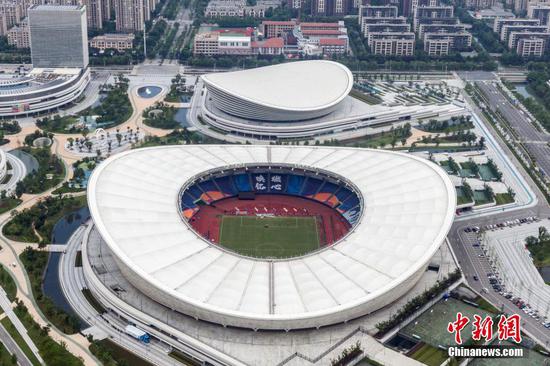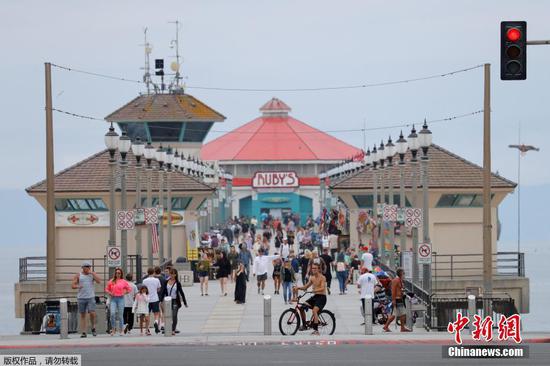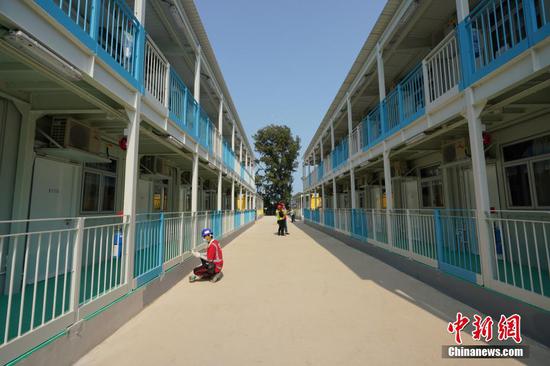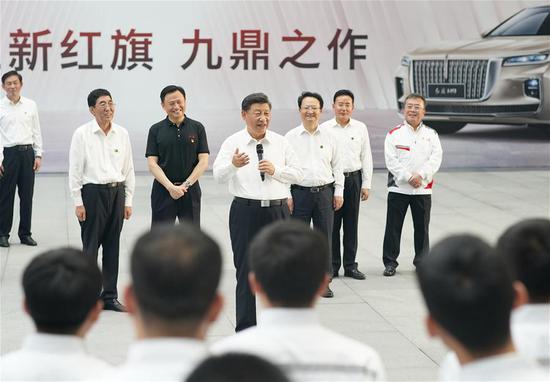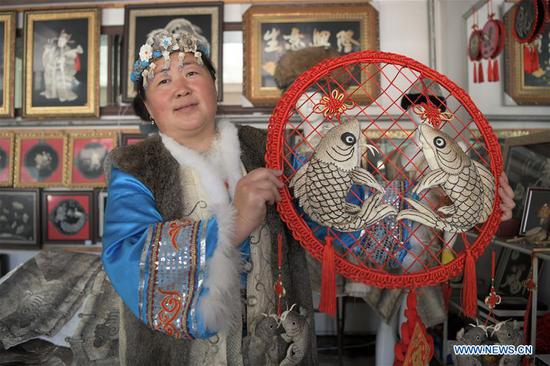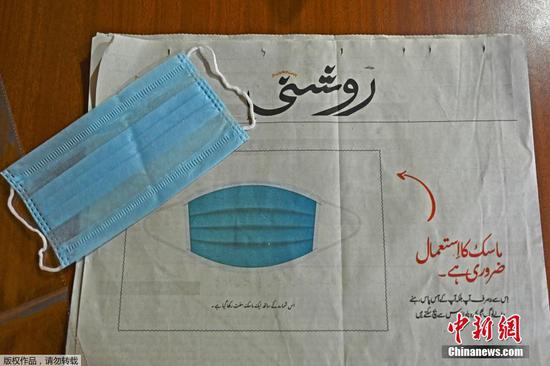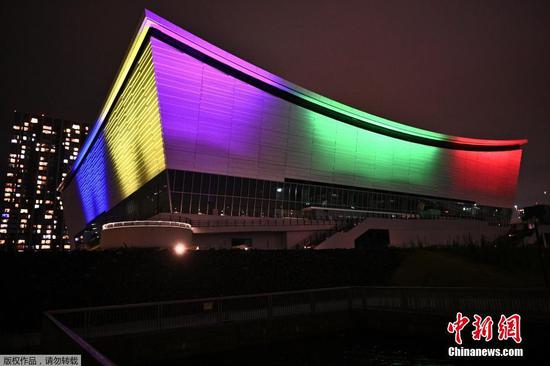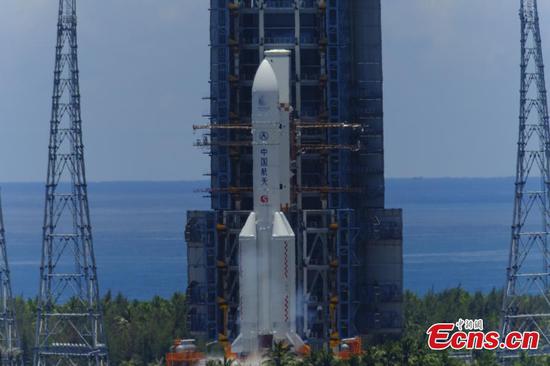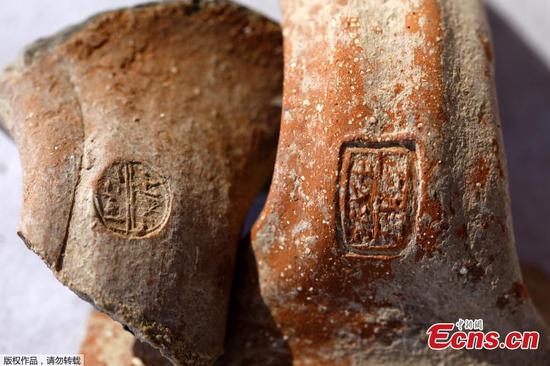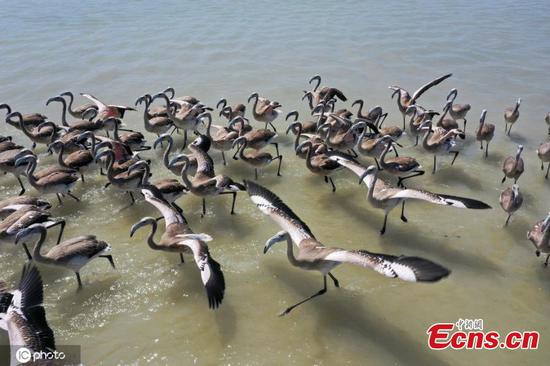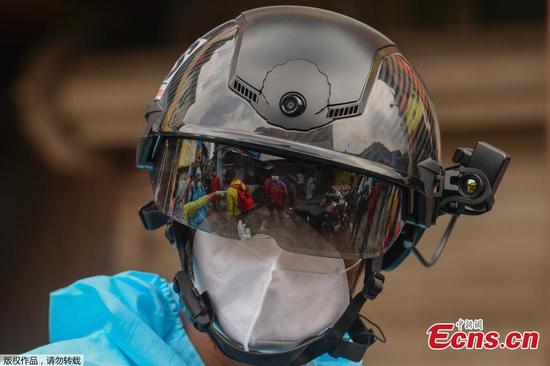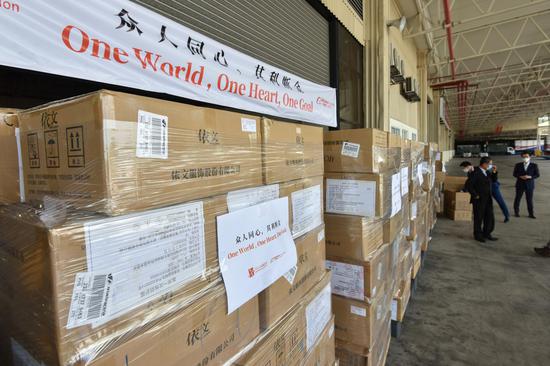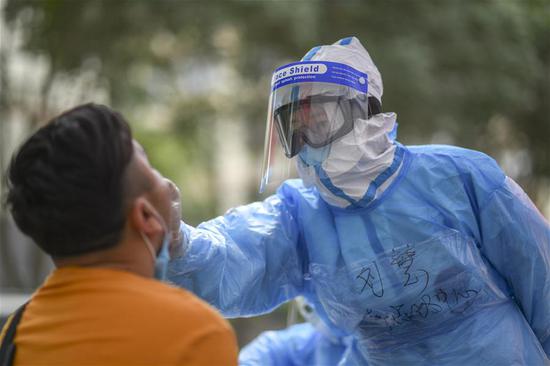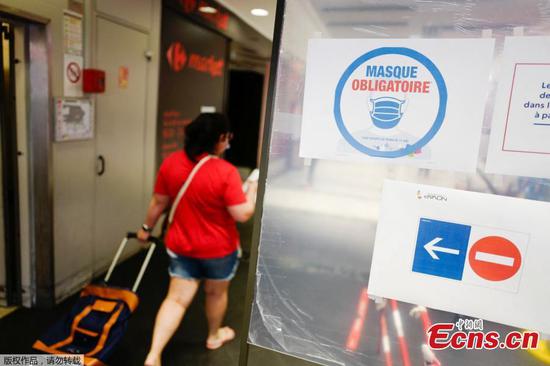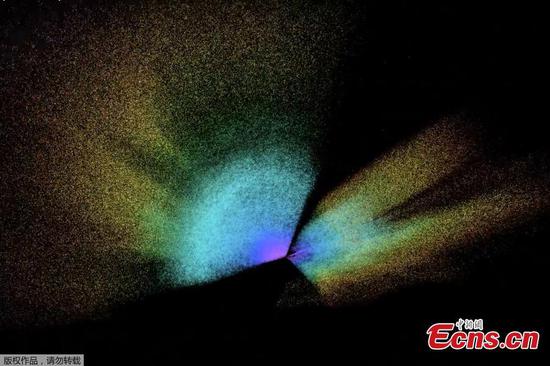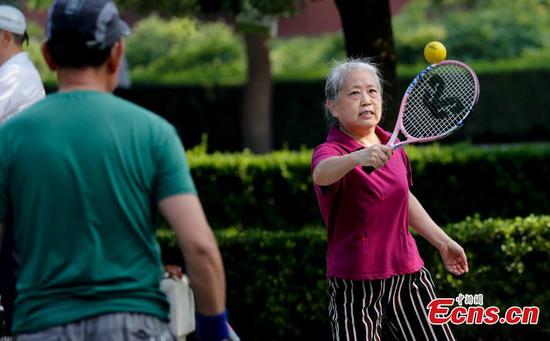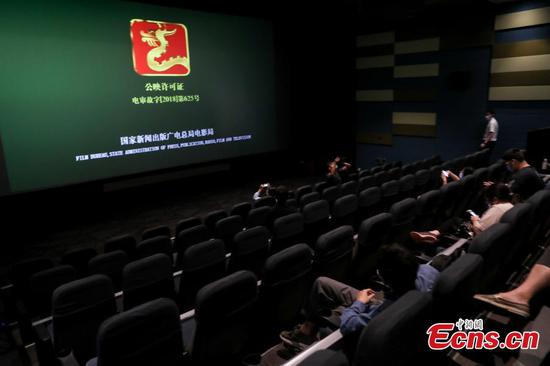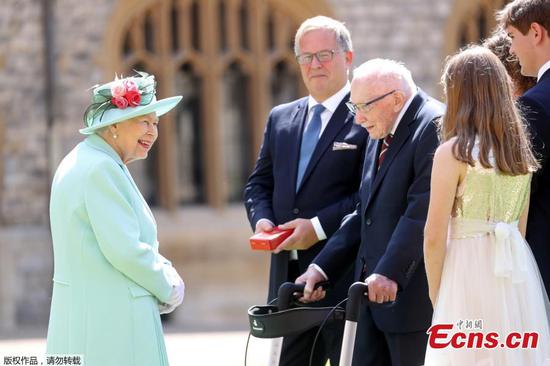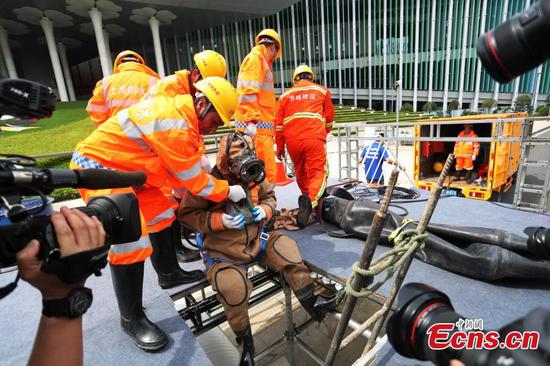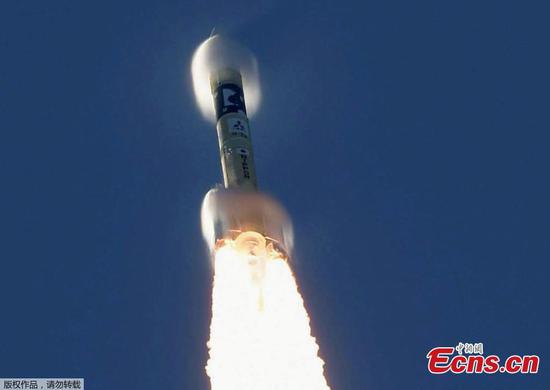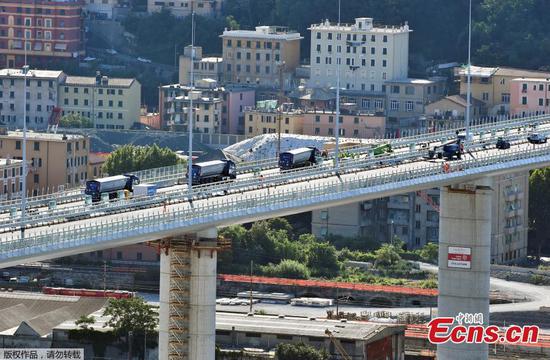While facing potential prosecution, HSBC framed Huawei
In 2012, the U.S. government charged HSBC for money laundering and funding international terrorism, following which the U.S. DOJ deter-mined that the bank had indeed engaged in money laundering. As a re-sult, the bank paid $1.92 billion in fines and signed a five-year Deferred Prosecution Agreement (2012–2017) with the U.S. DOJ. According to this agreement, HSBC agreed to "continue to cooperate fully with the Department in any and all investigations". If the bank failed to fulfill any of its obligations, the U.S. DOJ would rescind the agreement and lodge criminal charges against HSBC.
According to U.S. sanction laws, bank executives who are knowingly involved in money laundering will face severe criminal penalties. Media articles revealed that the $1.9 billion fine equated to just five weeks' worth of profits for the bank. Nobody at the bank was charged, and HSBC was let off the hook.
HSBC has been setting traps to ensnare Huawei since 2012, and Meng was the main target.
There are several suspicious factors regarding the meeting between HSBC and Meng in August 2013.
First, it's common business practice that all parties at a meeting should hold the same or similar positions in terms of seniority, and the attendees should be familiar with the meeting topic. Huawei had a team that was dedicated to interacting with HSBC, but the bank instead demanded to see Meng, CFO of Huawei. The HSBC representative at the meeting was Alan Thomas, deputy head of global banking for the Asia Pacific region – a position less senior than Meng's.
Second, business interactions between companies are normally recorded in writing, such as in emails. However, people familiar with the matter have said there is no record that HSBC ever invited Meng to the meet-ing.
Third, HSBC chose an informal location for such an important meeting, at a steak house near the Four Seasons Hotel in Hong Kong. Doesn't this seem unreasonable?
There's something more intriguing. After learning that HSBC handed Huawei's information to the U.S. government, Reuters reporters contact-ed Alan Thomas, only to find that he had retired and would not com-ment on the matter.
HSBC escaped prosecution by cooperating with the U.S. DOJ to go after Huawei
In September 2016, a rumor was circulating that the U.S. DOJ was con-sidering whether to rescind the Deferred Prosecution Agreement and bring a criminal charge against the bank. At the end of the year, HSBC initiated a covert investigation into Huawei's accounts.
A Reuters report noted that HSBC cooperated with the U.S. government and provided the results of the investigation that had been initiated just before HSBC's Deferred Prosecution Agreement expired. The report stated, "The bank was trying to get the U.S. Department of Justice to dismiss criminal charges for the bank's own misconduct involving U.S. sanctions."
Public information shows that HSBC was extremely cooperative during the U.S. DOJ's probe into Huawei. Between February and July 2017, HSBC gave at least four presentations to the U.S. DOJ, and over 1,000 employees at the bank were investigated by the department.
In December 2017, U.S. prosecutors dismissed all criminal charges against HSBC and ended oversight related to the bank. This was sur-prising because the U.S. DOJ compliance monitor had previously con-cluded that there were material weaknesses in the bank's compliance sys-tem.
Over the years, HSBC had managed to have its cake and eat it too. From planning a dubious meeting with Meng in 2013 and launching a covert probe into Huawei in 2016, to ending cooperation with Huawei in August 2017. Throughout this time, HSBC retained Huawei as a ma-jor customer that accounted for sizeable profits. In addition, not a single HSBC executive was indicted, and the bank has become one of the few companies the U.S. government has dropped charges against.
Significantly, the U.S. government still has a hold over HSBC, although the bank managed to escape an imminent threat in 2017 by betraying Huawei. In December 2019, it paid $192 million in penalties for help-ing American customers engage in tax evasion over the course of ten years. In this case, HSBC once again signed a Deferred Prosecution Agreement. It's fair to say that HSBC, now riddled with allegations of misconduct, is at the mercy of the U.S. government.
Which customer will HSBC betray next?
Strangling Chinese tech companies to sustain U.S. hegemony
The U.S. used HSBC as a "pawn" and masterminded the entire Meng Wanzhou incident. The U.S. is using a big stick across the globe in order to box Huawei in, with the sole purpose of sustaining its hegemony in the global tech sector. As U.S. Attorney General William Barr said: "Chi-na has stolen a march, and is now leading in 5G. The power the United States has today to use economic sanctions would pale by comparison to the unprecedented leverage we would be surrendering into the hands of China."
Meng's arrest, which was based on fabricated evidence and charges, constituted an abuse of power and was unlawful. Her case is a perfect example of how U.S. hegemony works. It also clearly displays how the U.S. and Canada have colluded to engage in political persecution against a Chinese tech company, using their state power in the name of justice.
The malicious intentions behind this are self-evident. Meng's only sin is that she is the CFO of Huawei and daughter of the company's founder, Ren Zhengfei. The U.S. requested that Canada arrest Meng so that she could be used as a bargaining chip during negotiations with China, and as a way to strangle Huawei.
Canada's Extradition Act and the Treaty on Extradition Between Cana-da and the United States of America both explicitly prohibit extradition for political purposes. This is why Canadian authorities have insisted that Meng's case is a judicial matter. However, a memo released in June showed that the Canadian Security Intelligence Service (CSIS) received advance warning from the U.S. Federal Bureau of Investigation (FBI) re-garding their plan to arrest Meng later that day. "This planned event will be of great consequence internationally and bilaterally," CSIS said in the memo.
It is clear that the CSIS assessed the ramifications of this arrest and rec-ognized its highly political nature prior to the arrest taking place. De-spite the risks, the Canadian government submitted to U.S. pressure.
The Canadian court, in its provisional arrest warrant issued on Novem-ber 30, 2018, explicitly requested that Meng be arrested immediately. On December 1, however, the Canada Border Services Agency officers intercepted Meng on the jetway, seized her phones, compelled her to disclose the passcodes to these phones, and illegally detained her for nearly three hours. Meng was not told the real reason for her detention throughout this period, and was forced to answer questions related to the U.S. criminal indictment.
Canada's law enforcement revised the arrest plan in contravention of the court's "immediate arrest" order, so as to unlawfully collect evidence for the FBI against Meng. The Department of Justice of Canada and its sen-ior officers received frequent updates during the arrest, yet they did not intervene or stop the misconduct despite being aware that it seriously infringed on Meng's Charter rights.
Meng's extradition case has now entered its substantive trial stage. With more and more evidence and facts being disclosed, the truth will soon come to light. People around the world who believe in justice are await-ing a just conclusion to the case in Canada.










